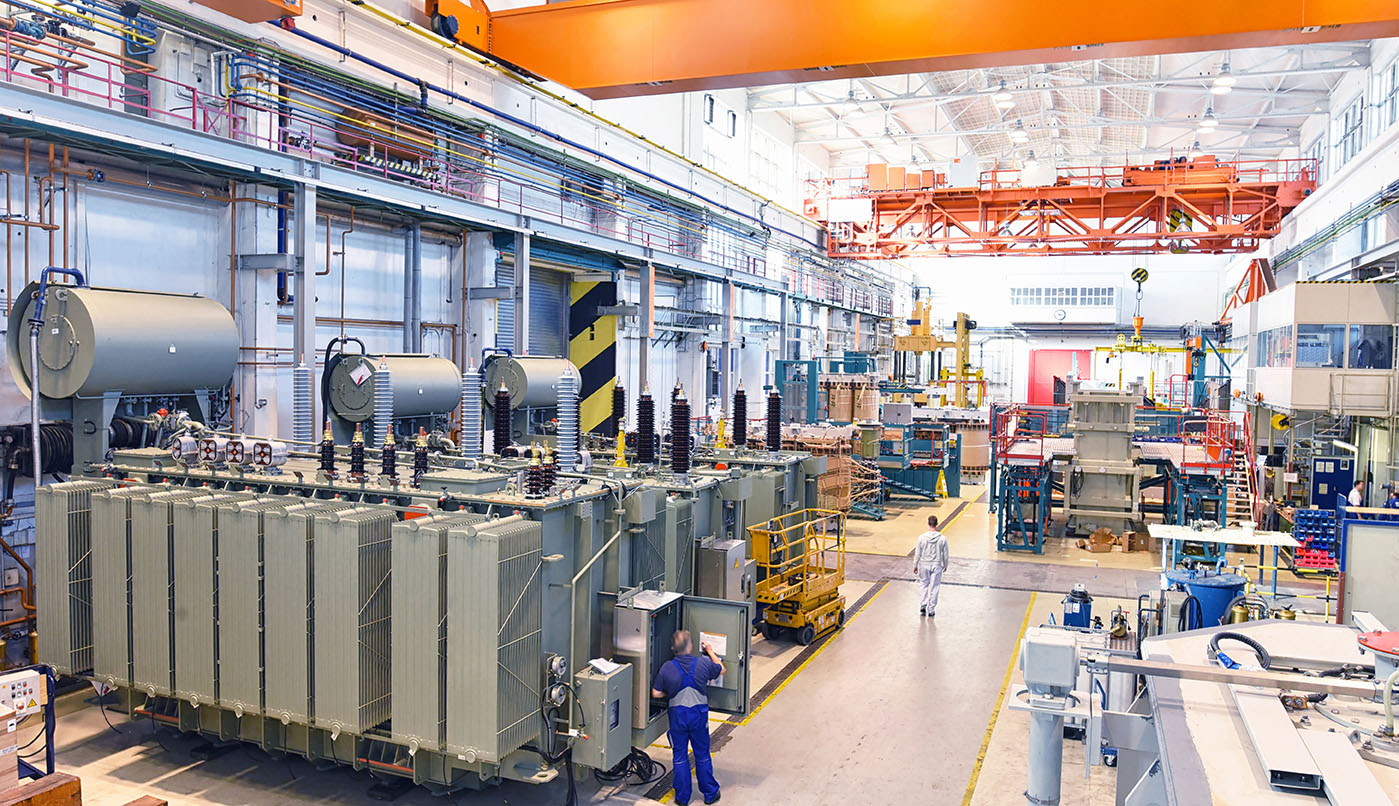

A factory is a large building where machines are used to produce goods on a large scale. Factories are an important part of the Industrial Revolution, which led to the mass production of goods.
Factories are typically divided into different departments, each of which is responsible for a different stage of production. For example, one department might be responsible for cutting fabric, while another department might be responsible for sewing clothes.
Factories are often located in areas with a lot of available land and a good supply of labor. They are also often located near transportation routes, so that the goods can be easily shipped to where they need to go.
Factories have had a significant impact on the way we live. They have made it possible to produce goods more cheaply and efficiently, which has led to lower prices for consumers. Factories have also created jobs and helped to boost the economy.
However, factories have also had some negative impacts. They have polluted the environment and contributed to climate change. They have also led to the exploitation of workers, especially in developing countries.
A factory is a building or group of buildings where goods are made on a large scale.

Noun: factory, plant, mill.
Adjective: factory-made, industrial.
Verb: to factory-produce.
The word "factory" comes from the Italian word fabbrica, which means "workshop" or "building where goods are made." It was first used in English in the 17th century, and it is still used today to refer to a building or group of buildings where goods are made on a large scale.
Why are factories useful?
Question:
Explain the environmental impact of factories and the importance of sustainable practices in industrial settings. Discuss specific pollutants released by factories and the potential consequences for the environment and human health.
Answer:
Factories play a significant role in the economy but can also have adverse environmental impacts. The release of pollutants from factories, such as greenhouse gases (CO2, methane), particulate matter, sulfur dioxide (SO2), and volatile organic compounds (VOCs), contributes to air pollution and climate change. These pollutants can lead to respiratory problems, smog formation, and global warming, affecting both the environment and human health.
To mitigate these negative effects, sustainable practices are essential in industrial settings. Implementing technologies to capture and reduce emissions, using renewable energy sources, and optimising resource usage can significantly minimise the environmental footprint of factories.
For instance, adopting energy-efficient machinery and promoting recycling programs can reduce energy consumption and waste generation. Additionally, utilising green building designs can minimise the environmental impact of factory infrastructure.
In conclusion, factories have a notable environmental impact, primarily through the release of various pollutants. Emphasising sustainable practices is crucial for reducing these effects and safeguarding the environment and human well-being.
Address
Developing Experts Limited
Exchange Street Buildings
35-37 Exchange Street
Norwich
NR2 1DP
UK
Phone
01603 273515
Email
hello@developingexperts.com
Copyright 2025 Developing Experts, All rights reserved.